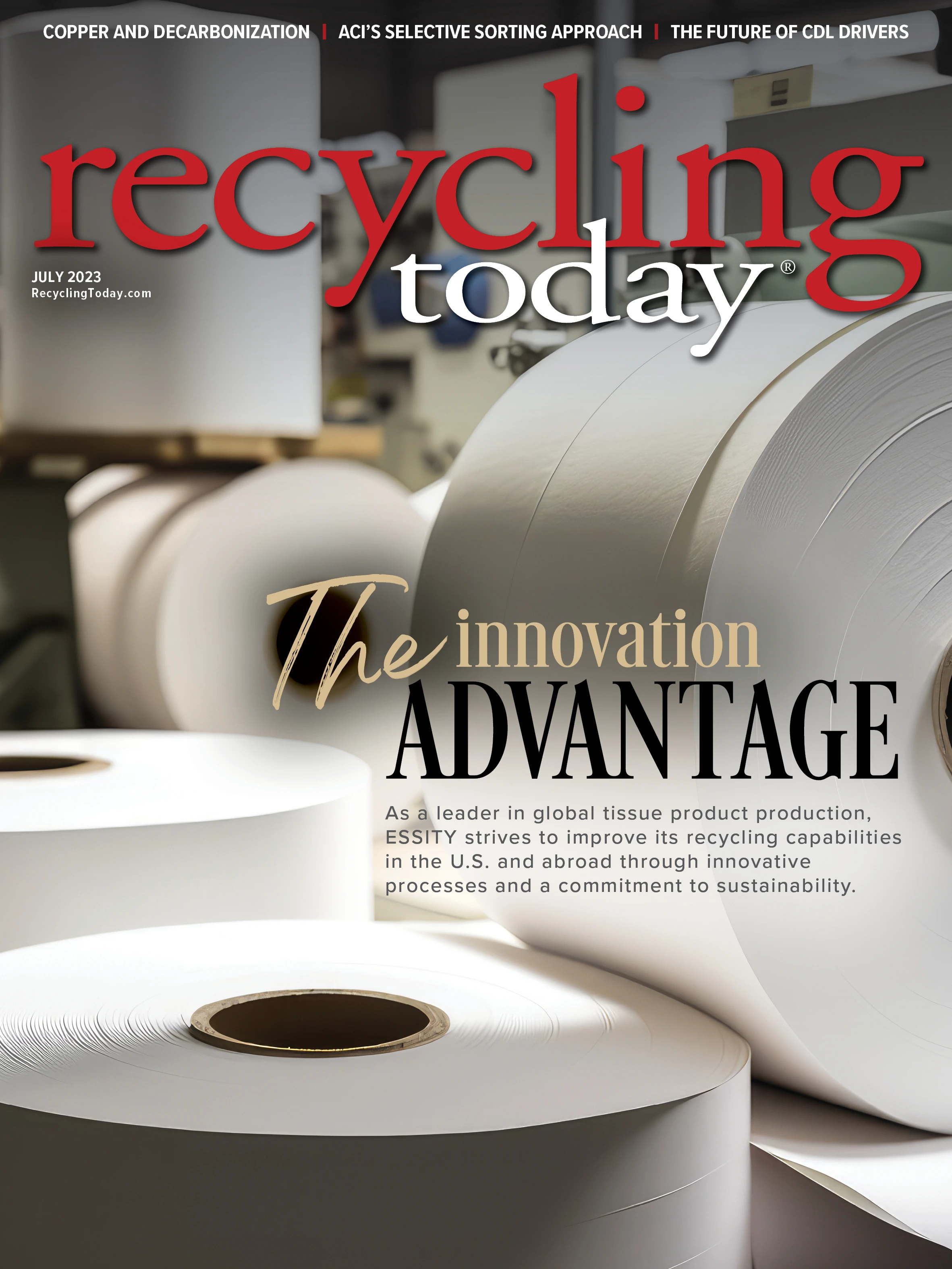

Drivers who are required to hold a commercial driver’s license (CDL) when performing their duties play a crucial role in many different industries, including the waste and recycling industry, where they are key contributors to the value chain.
Despite challenging macroeconomic conditions and significant inflationary pressure, the waste and recycling industry has been remarkably resilient. Much of this can be attributed to waste disposal being a primary need for communities, making demand less sensitive to general economic conditions. However, while the industry’s short-term prospects remain stable, the long-term outlook still is up for debate. Advanced technology continues to threaten the status quo and its impacts are yet to be determined.
CDL drivers within the waste and recycling industry find themselves in an interesting position as they ponder their futures.
What does the future hold?
Job security, increased automation and growth opportunities are three important factors to examine when looking toward the future for CDL drivers in the waste and recycling industry.
With many of the supply chain disruptions seen during and after the COVID-19 pandemic having subsided, job security has improved slightly. Demand for CDL drivers grows with economic expansion, and this helps create more full-time driving jobs offering stable and predictable earning potential.
This is likely to increase in the short term, especially amid the talent shortage in the U.S. Companies that can offer a high level of job security are going to be at the front of the line when hiring and retaining personnel, and those incentives go a long way in improving job security overall for the entire industry.
A counterpoint to job security is the pending impact of increased automation in the waste industry. Self-driving vehicles are on their way, and with such vast resources being put behind the effort, it would be naive to ignore them as a threat to drivers. However, it’s equally shortsighted to proclaim this as the end of the industry.
Self-driving technology still has a long way to go until it hits mainstream implementation and, even if the algorithms get there, will require a tremendous amount of social and legal engineering to allow for completely autonomous trucks to head out onto the roads en masse.
It’s more likely automation slowly will creep into vehicles, taking control over longer and more predictable routes and leaving the drivers to handle initial maneuvering and last-mile deliveries. This could make the job more pleasant, allowing drivers to be less hands-on with their vehicles, but it is unlikely to have a major impact on jobs right away and unknown when the landscape will change dramatically.
An opportunity for growth in this space is a push for widespread and precise recycling efforts that can support society’s desire to be more sustainable. As people become more aware of the negative impact they’re having on the environment, recycling should grow significantly, changing the paradigm for waste companies and creating new opportunities for CDL drivers.
The increasingly diverse and complex these value chains become, the more important drivers become. This is a powerful tailwind for the whole labor force. Combine this with the natural growth in the industry as urbanization continues, and it’s clear the outlook for CDL drivers in the space is positive.
Those three components are just a few factors that will play roles in the future labor outlook for CDL drivers, which seems to be highly positive in the short term despite concerns that artificial intelligence will slowly chip away at those jobs.
Meanwhile, companies in the waste and recycling industry will continue to hire CDL drivers as they are the backbone of their operations, allowing for a complex and widely distributed waste disposal process to take place at scale.
A need for talent
CDL drivers will continue to be vital players in the waste and recycling industry for the foreseeable future, and companies will have to compete for talent in a market that continues to become more competitive by the day.
As many companies across the industry work toward vertical integration of their operations and reducing their dependence on global supply chains, drivers will continue to play an important role across every aspect of the waste disposal process.
Get curated news on YOUR industry.
Enter your email to receive our newsletters.

Explore the July 2023 Issue
Check out more from this issue and find your next story to read.
Latest from Recycling Today
- LumiCup offers single-use plastic alternative
- European project yields recycled-content ABS
- ICM to host colocated events in Shanghai
- Astera runs into NIMBY concerns in Colorado
- ReMA opposes European efforts seeking export restrictions for recyclables
- Fresh Perspective: Raj Bagaria
- Saica announces plans for second US site
- Update: Novelis produces first aluminum coil made fully from recycled end-of-life automotive scrap






